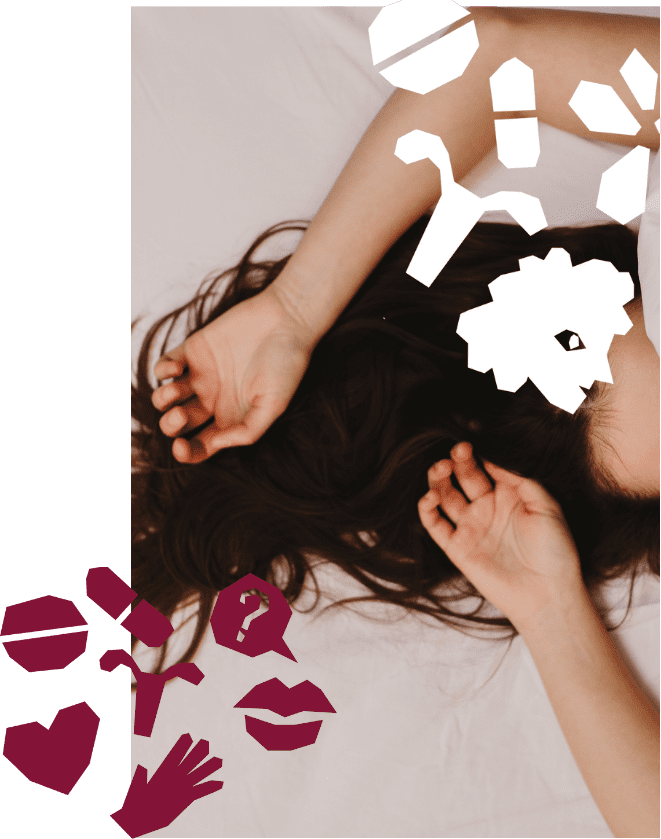Sleep Struggles in Menopause: Understanding and Finding Relief
Tossing and turning at night? Sleep disturbances can leave you feeling drained before your day even begins.
Whether you’re struggling to fall asleep, waking up frequently, or experiencing restless sleep, you’re not alone. Sleep disorders are common during menopause, but there are ways to regain restful nights.




What are sleep disorders?
Sleep disorders during menopause can include insomnia, frequent waking, and restless sleep, often caused by hormonal changes and menopause symptoms like night sweats.
Take our free online assessment to discover the best treatment options tailored for you.
How common are sleep disorders during menopause?
Around 60% of women report sleep disturbances during menopause, making it one of the most common complaints.

Common signs of sleep disorders
- Difficulty falling asleep or staying asleep.
- Waking up frequently during the night or waking up too early.
- Feeling tired upon waking, even after a full night in bed.
Self care tips

Go to bed at the same time each night, and practise calming activities like reading or listening to music before bed.

Keep your bedroom cool, dark, and quiet, and use breathable bedding to stay comfortable.

Reduce caffeine and alcohol consumption, particularly in the hours leading up to bedtime.
Menopause and sleep disorders FAQs
Why is sleep affected during menopause?
Fluctuating hormone levels, along with symptoms like night sweats and hot flushes, can interfere with the ability to fall asleep and stay asleep.
What natural remedies can help with sleep?
Relaxation techniques like meditation, reducing screen time before bed, and practising good sleep hygiene can all help improve sleep quality.














